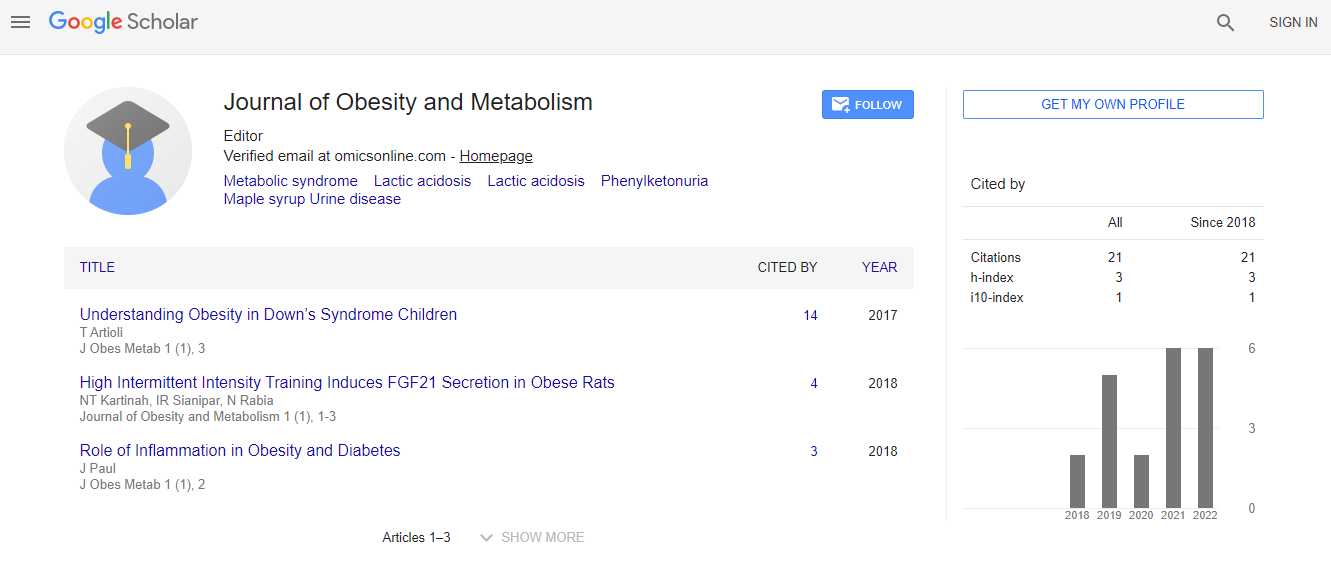Preoperative Dietary Behaviour as Predictive Factor for Inadequate Weight Loss after Sleeve Gastrectomy.
*Corresponding Author:
Copyright: © 2019 . This is an open-access article distributed under the terms of the Creative Commons Attribution License, which permits unrestricted use, distribution, and reproduction in any medium, provided the original author and source are credited.
Abstract
Laparoscopic sleeve gastrectomy was the most well-known technique performed around the world. It was plausible and related with less confusions and metabolic inadequacies looked at than different techniques. Insufficient weight reduction (IWL) was a basic issue of this technique and it could rely upon specialized shortcoming or on preoperative patient elements. The point of this examination was to distinguish prescient variables of lacking weight reduction exploring on preoperative mental and dietary conduct. Technique: A review investigation of patients experiencing sleeve gastrectomy was procured. Patients with insufficient weight reduction (overabundance weight reduction (EWL) half were looked at. Bivariate investigation and multivariate model was acted so as to examine preoperative components concentrated on mental (voraciously consuming food issue (BED) and brushing) and dietary (consistence to preoperative eating routine) conduct. Result: 20/85 (23.5%) patients were remembered for IWL gathering. In bivariate investigation, prescient elements for IWL were diabetes (p=0.034), insulin-treatment (p=0.037) and persistent mischief to preoperative eating routine (p=0.042). In multivariate model including BMI, BED, brushing and consistence to preoperative eating regimen, trouble making to preoperative eating routine was the prescient factor for IWL (p=0.046). End: Patient rowdiness to preoperative eating regimen was a prescient factor for IWL. Preoperative patients could be founded on consistence to preoperative eating regimen.

 Spanish
Spanish  Chinese
Chinese  Russian
Russian  German
German  French
French  Japanese
Japanese  Portuguese
Portuguese  Hindi
Hindi 